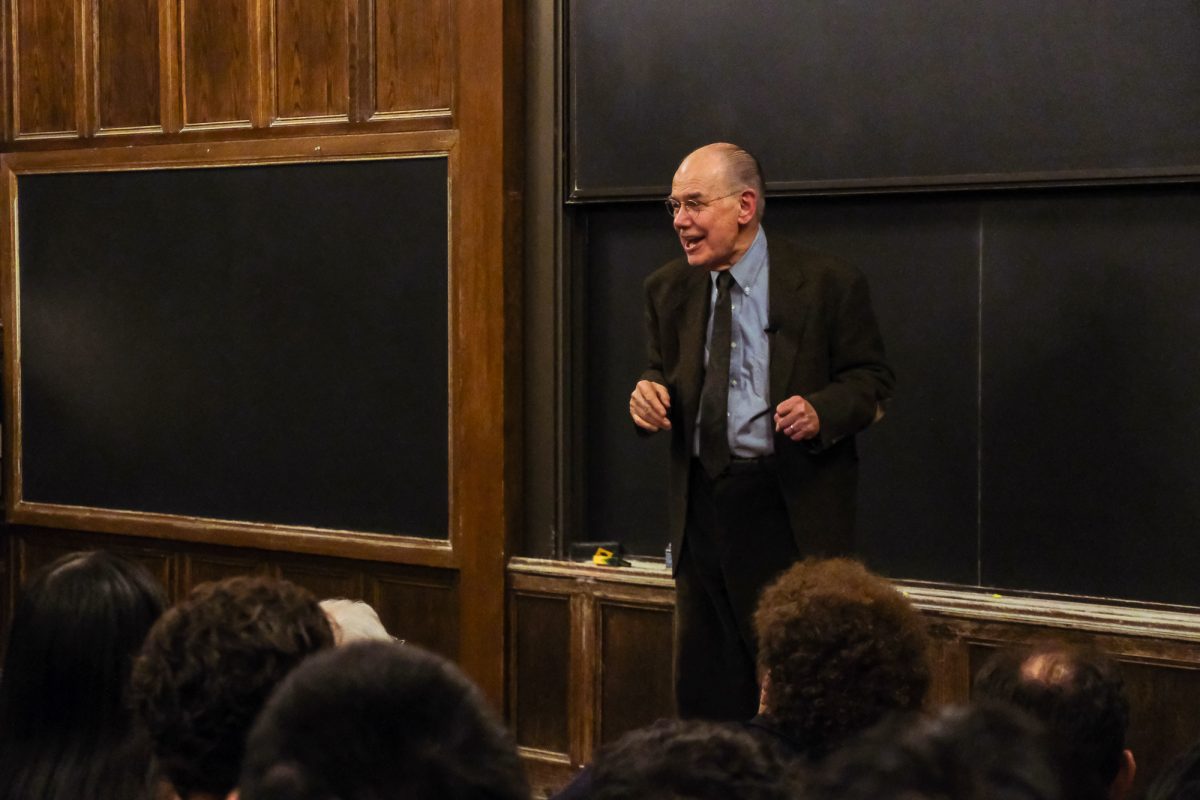Community garden roots go deep in Hyde Park — or at least deep into the annals of Hyde Park history, said green-thumbed scholars on campus this week.
On Wednesday, philosophy professor Bart Schultz and civil rights activist Timuel D. Black (A.M. ‘54) snacked on salsa and discussed the social and artistic importance of urban farms at a University garden named for Black at 5710 Woodlawn.
With pollution, poor soil quality, and a dearth of fresh, affordable food options, maintaining communal gardens on the South Side make gardens “a piece of environmental justice,” Schultz said at the one-year-old Timuel D. Black Edible Garden.
Around 65 years before the discussion, the University’s women were answering a different call to justice with a similar set of tools.
Journalist Elaine Weiss said “farmerettes” across the nation fought World War II on the homefront with the hoe, rather than the rifle, at a Tuesday lecture in Classics 110.
Farmerettes included Woman’s Land Army of America (WLAA). The feminist WLAA was formed in response to wartime food shortages, and Weiss said it was successful in its time, though overshadowed by the more popular ‘Rosie the Riveter.’
U of C women comprised a full 25 percent of the first group of volunteers educated at the WLAA’s Libertyville Training Farm. The University allowed these volunteers to receive their academic degrees, Weiss said, even with an early dismissal from the school year.
Black, a 91-year-old World War II veteran, related the eponymous garden to the “victory gardens” of the era.
But the garden is a move toward “a better world,” said Schultz. “There’s a statue dedicated to the birth of nuclear energy on the other side of the Regenstein,” he said. “But I think we have the better monument.”







